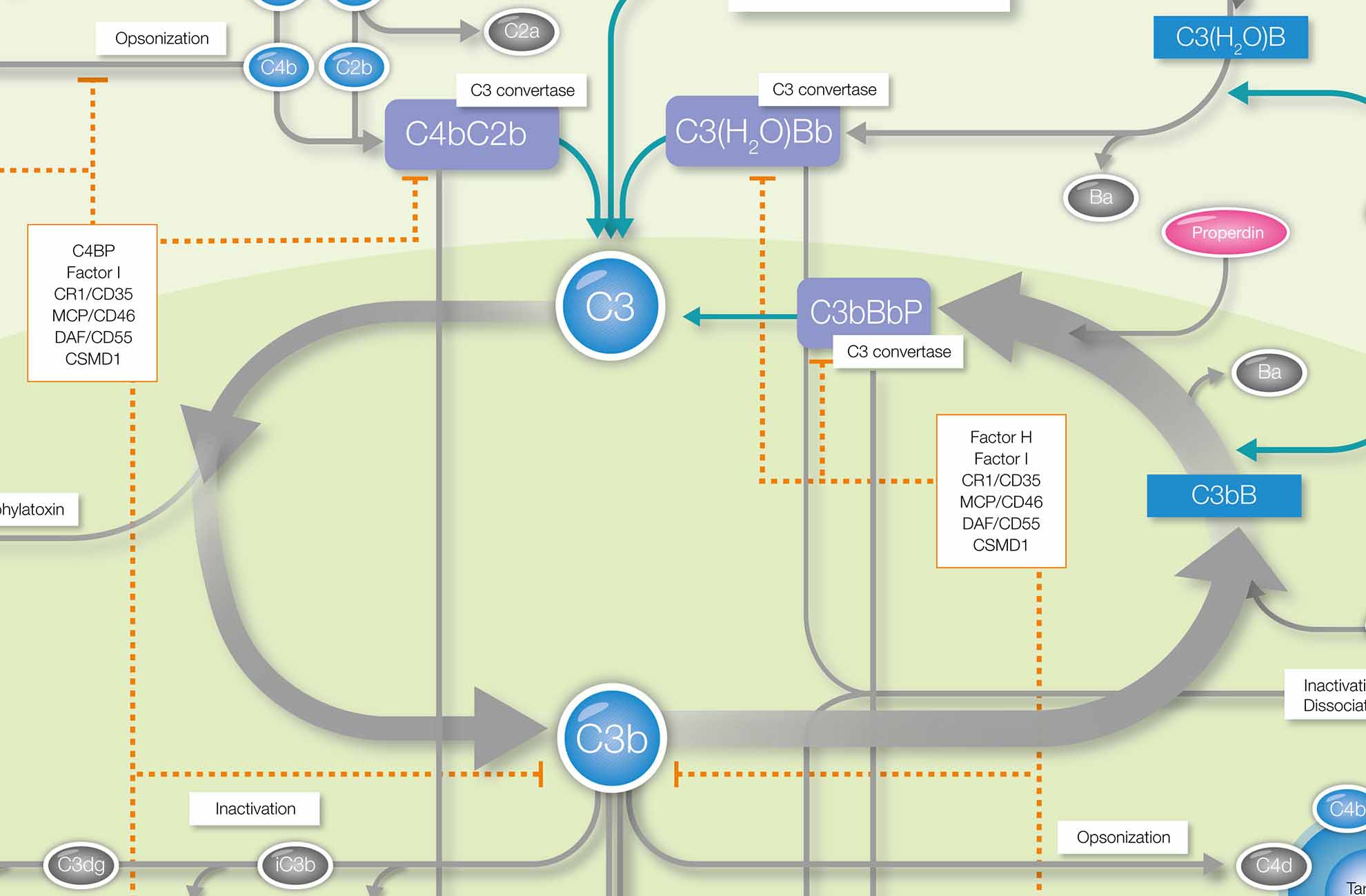24 June 2024
Importance of Complement Biomarkers in Advancing Therapeutic Development
Svar Life Science: Complement biomarker assays play a crucial role in drug development due to the essential role of the complement system in human disorders, providing valuable information about the course and severity of diseases.
Complement biomarker assays are essential tools for diagnosis, disease monitoring, and development of complement-targeting therapies.
This article explores the importance of assessing complement activation and the benefits of using specific and accurate complement biomarker assays in disease diagnosis and treatment.
Incorporating complement biomarker assays into the drug development process provides insights into the cause of complement dysregulation and treatment response.
Methods for assessing complement activation levels
To ensure accurate and standardized results, complement analysis requires precise sampling techniques and assay procedures. There are various approaches to measure complement activation and function. Hemolytic assays, used for functional assessment of the complement cascade in vitro, have, to a high degree, been replaced by standardized assay formats, such as the Wieslab® Complement Assays. These assays allow for automation and are able to assess complement activation and function via the individual complement pathways without the inherent variability of erythrocyte-based assays.
Another way of assessing complement function is through complement-induced receptor signaling. This method measures downstream signaling events when complement proteins bind to their specific receptors. Cell-based assays have emerged as valuable tools since they reflect the biological relevance of the assayed biomarker or drug.
An alternative to functional assays is the use of enzyme-linked immunosorbent assay (ELISA) to measure individual complement proteins and activation products. Careful selection of such biomarker assays provides functional insights into complement activation, allowing detection of in vivo complement activation. These assays are also useful tools in the development of biomaterials and pharmaceuticals, as they can assist in assessing biocompatibility, key break-off points, and retained complement activity or inhibition in specific parts of the complement cascade.
Collectively, these methods offer a comprehensive assessment of complement activation, aiding in the understanding of disease progression and treatment efficacy.
Application of complement biomarkers in drug development
Complement biomarker assays aid in identifying patients who are likely to benefit from specific interventions and help establish inclusion criteria for clinical trials. By understanding the complement system’s involvement in diseases and treatment responses, researchers can develop targeted therapies and personalized treatment plans.
The assessment of complement biomarkers in drug development holds immense potential for improving patient outcomes. They also provide insights into the mechanisms of action of treatments, allowing for the validation and optimization of therapeutic approaches. In drug development, complement biomarkers enhance the precision, efficacy, and safety of therapeutic interventions.

 Find products for your research
Find products for your research



